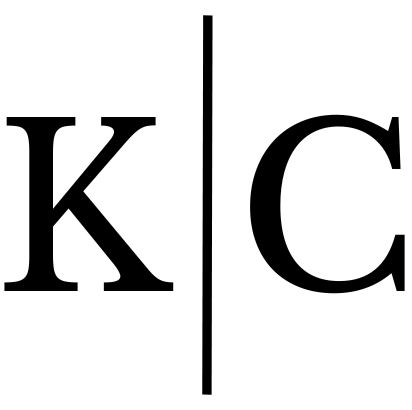Keep score because you will play harder
In The 4 Disciplines of Execution, the authors discuss watching kids play basketball in a park. You can immediately tell when they start keeping score. They run faster, double the intensity, and start playing defense. Everybody knows that you play harder when you're keeping score. There is an old management axiom that you get what you measure. I deeply believe this and I think it applies not only to companies but to your personal career as well. By finding the key drivers in your career, measuring them, and putting them on a simple scoreboard - you will play harder and reach a higher level of success.
The 4 Disciplines of Execution (yes, I think this book is worth reading) also describes a manufacturing company where a facility in Canada was seriously underperforming. The proposed solution was to erect a scoreboard for everybody to see, showing each team's key metrics and clearly identifying the lowest and highest performers (all with a playful hockey theme). The facility VERY QUICKLY went from being a laggard to being one of the top performers in the whole company.
It's simple to say that you get what you measure and it's simple to say that you should apply this to your career. What's difficult is finding the right things to measure and finding a sustainable set of habits to actually measure them. So here are three keys to consider.
1. Differentiate results from inputs
It is important to measure the results of an initiative. If you're exercising you want to track fat loss or muscle gain. If you're looking for a job you want to track how many interviews you get at your target companies, etc. But there is a lot of luck, timing, and external factors that affect those results as well. So your day-to-day scoreboard should focus on inputs, which are things you control. For example, inputs for your fitness regime might be the number of times you go to the gym or make a healthy dinner each week. For a job search, you might track the number of hiring managers you reach out to or the hours you put into an impressive side project.
2. Choose inputs that are highly correlated with the end results
You want to choose inputs that are heavy factors in determining the end results. Measuring the times you hit the gym per week is highly correlated with your fitness results. Measuring the number of hiring managers you reach out to is highly correlated with the number of interviews you get. Those are good inputs to measure.
3. Identify metrics that are easy to quantify
The only way this will be effective is if your inputs are easy to quantify and measure. Otherwise the habit of measuring them every week is simply not sustainable. When I was making a change in my career I decided that writing a blog would be a key way to differentiate myself and spark interesting conversations (that turned out to be extremely true). So I measured the number of posts I wrote per month. It was a metric that was under my control, it was a key driver of the results I wanted, and it was easy to measure. I set up a report once and it emailed me each week to show me how I was doing. Simplicity rules here.
I highly encourage anyone looking to make a change in their career to think deeply about the key drivers that will result in success and find a way to measure them. If you keep score, you will be more focused and play harder, and I guarantee you will see better results.


